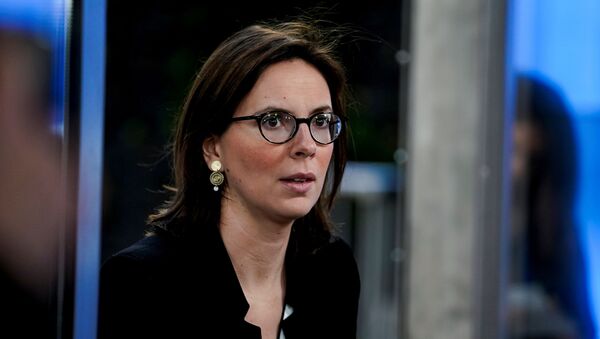“What we see at the Greek-Turkish border… It was a form of blackmail. It was a way to bring pressure on the Europeans”, Montchalin said at the Atlantic Council in Washington. “We understand the game in which we are being placed: We are not playing the game of blackmail that is being put on our shoulders”.
European foreign ministers were meeting also on Friday to discuss the ongoing refugee crisis, Montchalin said. However, EU member states suffered from generally having weak border defences, she added.
“The capacity to have borders is not strong. We need to have borders where we know who is coming and who is going out. What we need to do is to be very strong against illegal immigration when traffickers organize it”, she said.
Turkish President Recep Tayyip Erdogan will pay a visit to EU headquarters in Brussels on 9 March, his administration said soon after Ankara decided to open its borders with the EU for migrants.
Ankara said last month, amid tensions in Syria's Idlib province, it could no longer restrain the flow of refugees from Syria, and then opened its borders. Following this decision, thousands of migrants have been trying to enter Greece through Turkey. Greek police and army units have been deployed to the border.


